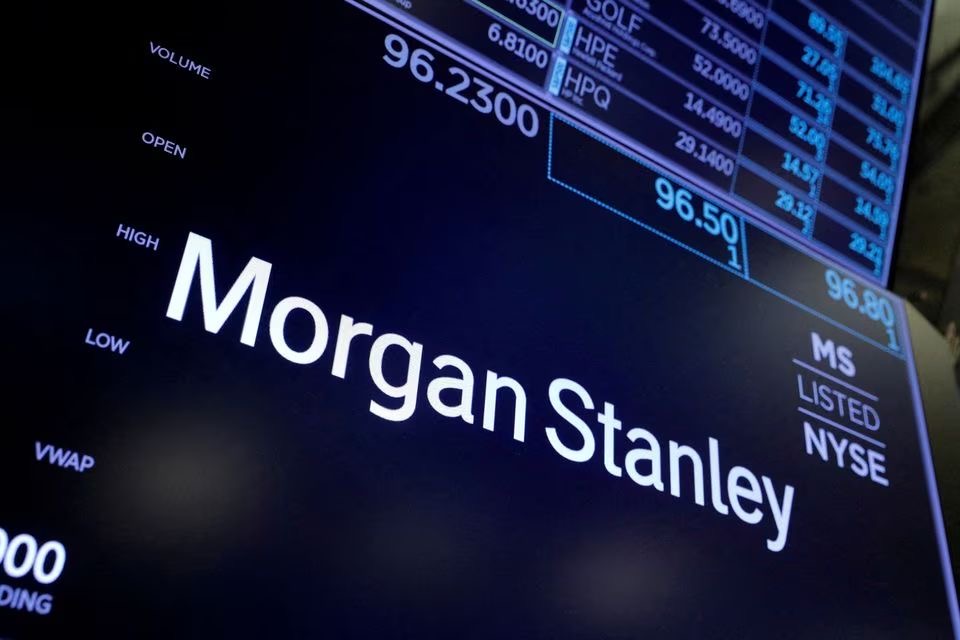The Income Trading Revenue at Morgan Stanley yielded impressive results. The bank made more money than expected in the fourth quarter of the financial year. This happened because its stock and bond traders performed better than experts thought they would.
The bank earned $2.22 per share. This topped the expected estimate of $1.70 per share. It also made $16.22 billion in revenue, which is also higher than the $15.03 billion that was expected.
The bank said the quarterly profit it made more than doubled compared to what it made at the same time last year. The profit went as high as $3.71 billion. The figure is much better than what they had a year ago when they had extra charges from government regulations, which hurt their earnings.

Morgan Stanley’s revenue went up by 26% to $16.22 billion because all parts of the business performed better. The bank’s biggest success came from its stock trading department. The department made a 51% increase in revenue, bringing in $3.3 billion, which is about $650 million more than what experts forecasted. This happened because more clients were active, and their business with hedge funds did really well.
ALSO READ: Cisco to Cut 7% of Workforce Despite Beating Quarterly Earnings and Revenue Expectations
Their fixed-income department, which deals with bonds and commodities, also did great. The department’s revenue went up by 35% to $1.93 billion. This figure is about $250 million more than expected, thanks to more activity in credit and commodities markets.
The investment banking department made $1.64 billion. This figure is 25% more than what the department made at the same time last year. However, the increase is exactly what experts predicted.
Lastly, the wealth management division made a total earning of $7.48 billion, a 13% increase. This was $120 million more than what was expected. This happened because people had more assets and investments, and the bank made extra money from managing them.
ALSO READ: Starbucks Implements Bold Strategy to Reverse Sales Slump
Bank stocks have been doing well because there has been excitement about the possibility of more business deals happening. However, it was not the deals that helped the income trading revenue at Morgan Stanley and Goldman Sachs the most. It was their trading activities. The traders at these banks made good profits. They did this by taking advantage of the extra action in the market, especially around the time of the U.S. elections in November.
Aside from Morgan Stanley, JPMorgan Chase, Goldman Sachs, and Citigroup did better than expected because they earned more money than people thought they would from their trading and investment services.

